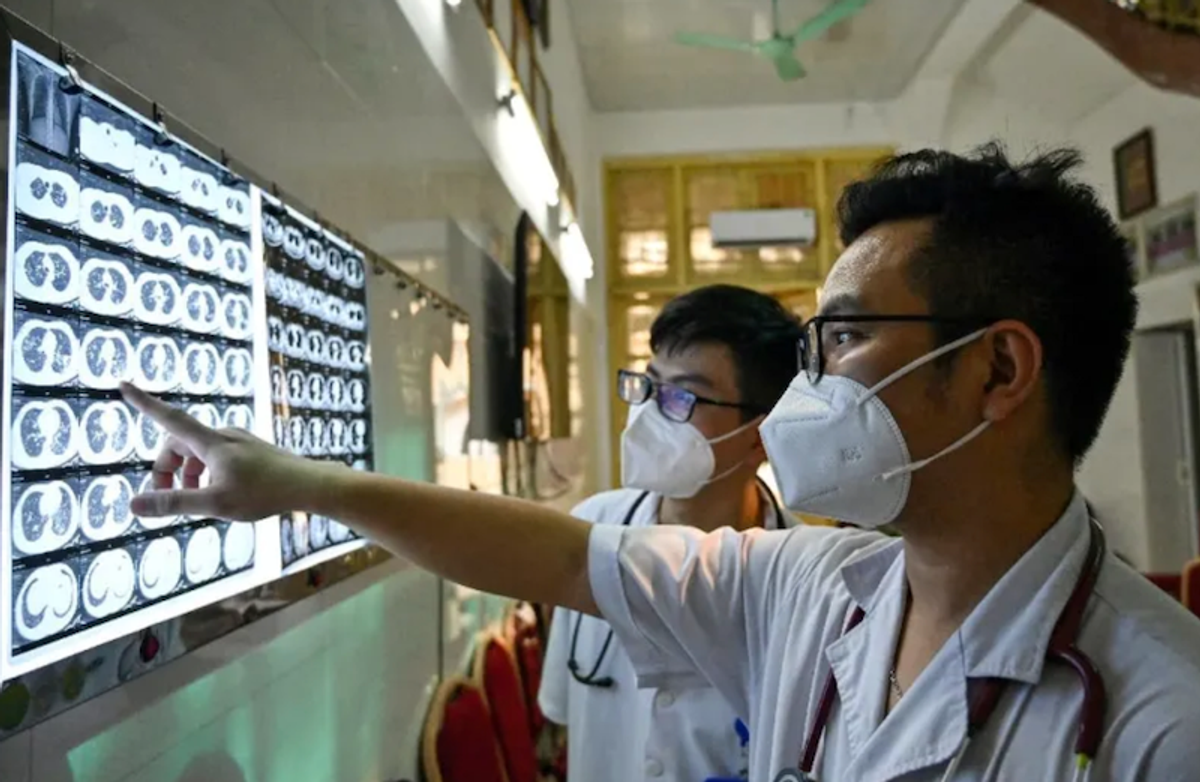
A significant BAE Systems nuclear submarine shipyard fire just after midnight at Britain's Barrow-in-Furness sent two people to the hospital early Wednesday morning. File Photo by Neil Hall/EPA-EFE
Oct. 30 (UPI) -- Two people were transported to a hospital for treatment after a fire at a BAE Systems nuclear submarine shipyard fire just after midnight at Britain's Barrow-in-Furness.
The two people were treated for smoke inhalation and released. The Ministry of Defense, emergency services and BAE were all working together in response and investigation of the cause as police said there was no nuclear risk
"There is no nuclear risk. However, people living nearby are advised to remain indoors and keep doors and windows closed," Cumbria Police said on X.
The main building facility of the nuclear submarine shipyard was evacuated overnight.
Naval sources downplayed the concern the fire may be suspicious and possibly be connected to Russia, but the investigation into the cause is in its early stages.
Cumbria Fire and Rescue's Stuart Hook said firefighters used 15 pieces of equipment to put out the fire.
The facility is huge and images posted to social media revealed flames coming from the Devonshire Dock Hall building. It's the main construction site for Britain's Trident nuclear submarine program.
Four Dreadnaught class submarines are currently being built at the roughly six-acre facility. They are scheduled to replace Vanguard submarines in the early 2030s.
"My son came and got me and said that the BAE alarms were going off, so we went. When I opened the front door, we just saw a lot of black smoke. It was a lot of black smoke, like really thick black smoke, and it was very loud," A woman witness told The Guardian.
David Harris, who lives near the shipyard, told the BBC he saw smoke in the distance as he left a local gym.
"Given the equipment used within the submarines... I only live a few streets back from where I took the footage, so I did feel worried," he said.
Smoke damage could be seen at the affected building, but the full extent of the damage was not yet known.
All non-essential staff at Devonshire Dock Hall were told not to come to work while other staff were told to come in as usual.




















